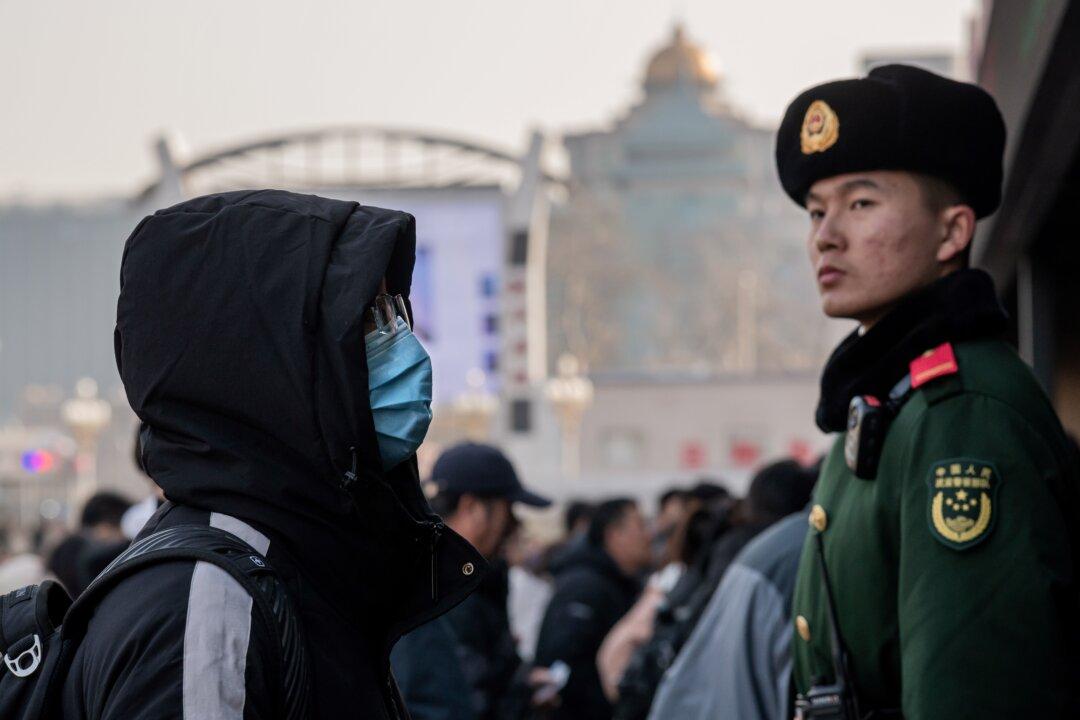The Chinese regime has been keeping close tabs on state media reporters since the start of the CCP virus outbreak to make sure their reporting is in sync with official narratives, a former reporter told The Epoch Times.
Canada-based Zhang Zhenyu, a former reporter with ifeng, a Hong Kong-based pro-Beijing media, revealed Beijing’s detailed instructions to about 300 Chinese state media reporters who were dispatched to the outbreak ground zero of Wuhan since the early stages of the outbreak in January. The revelations were based on his sources working in the industry in China.





